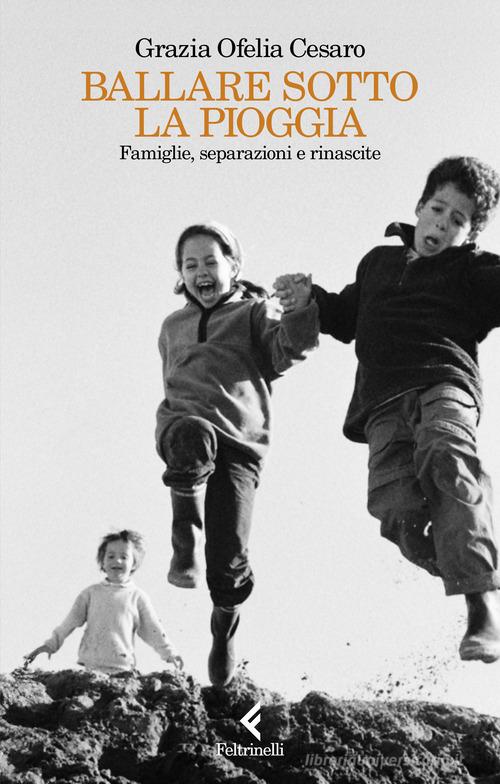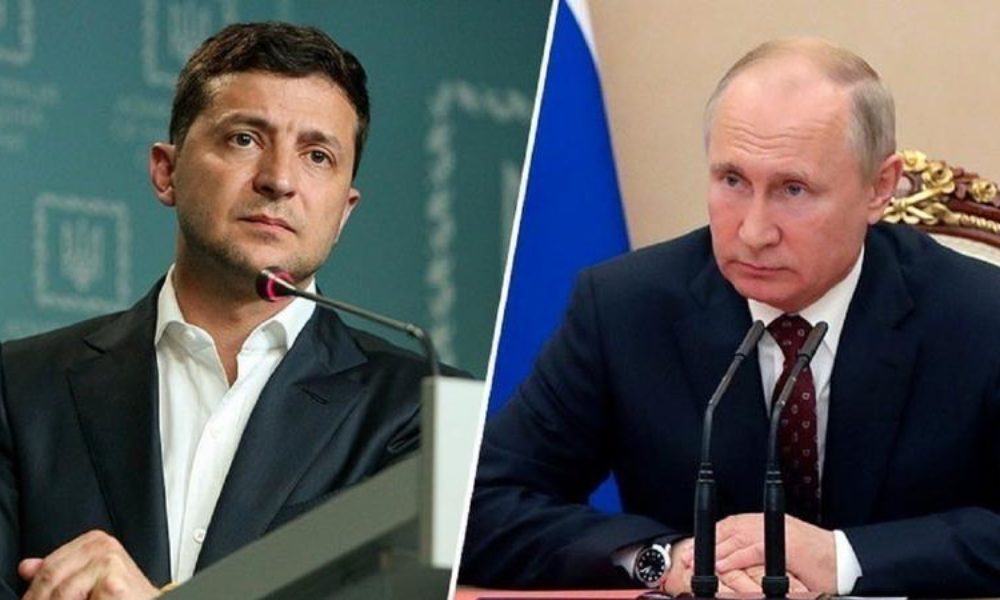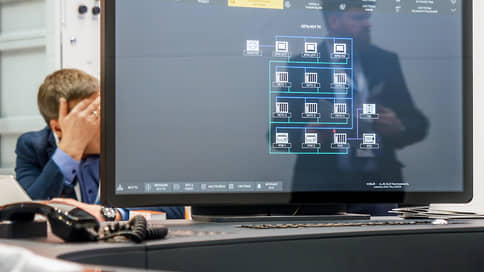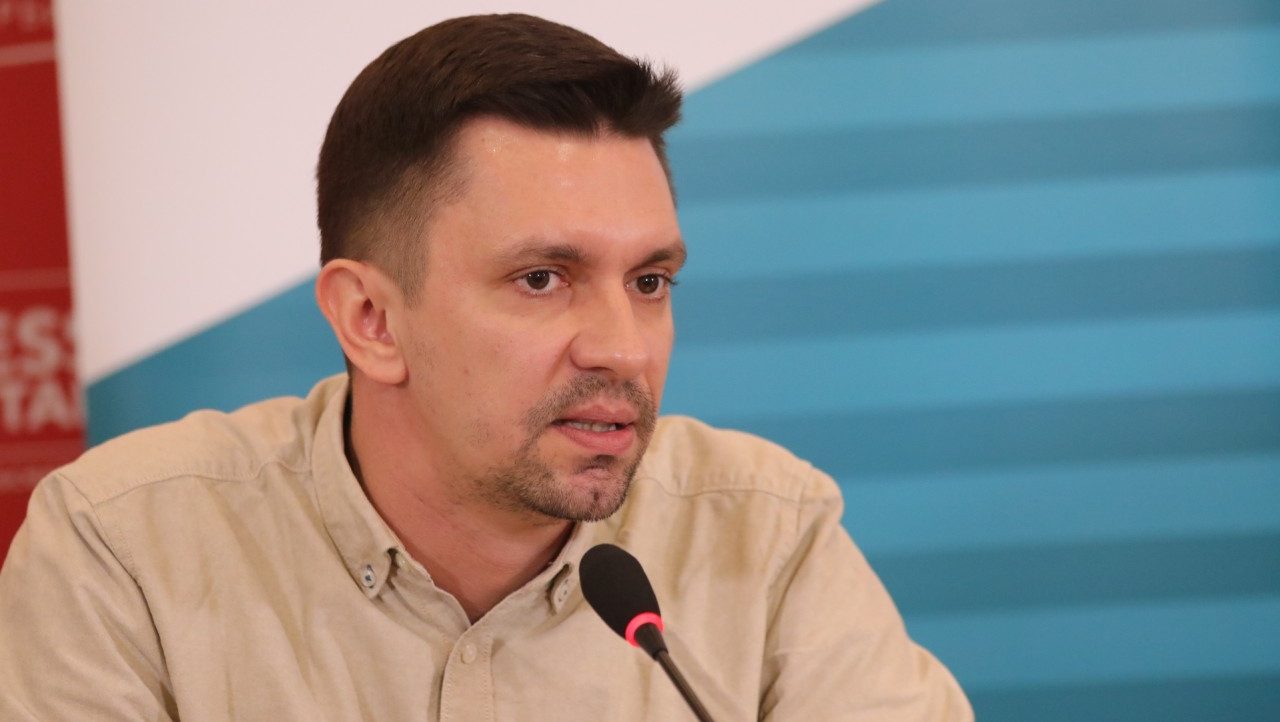The divorce explained to children through the alphabet of emotions, which helps to find the right words

« We should move from an adult-center vision to fall into what are the genuine experiences of the little ones, » says Grazia Ofelia Cesaro, a lawyer specialized in family law and protection of minors
The separations and divorces are mourning that affect the entire family. They carry a pain, often silent, that lurks in relationships and which conditions not only the present, but also the future of children. This is why to leave each other well is not simply desirable, but it is a duty to children and it is an investment in their right to create a life as a serene couple tomorrow. He explains it with great delicacy Grazia Ofelia Cesaro, a lawyer specialized in family law and protection of minors, President of the National Union of Come Chambers and Vice President of International Child Abduction Lawyers Italy which intertwines autobiographical narrative and legal reflection, in his latest book Dance in the rain. Families, separations and rebirths (Feltrinelli Editore). Halfway between the novel and the essay, the pages of Cesaro flow fast and lead the reader to explore the pain of abandonment, the ability of the boys to adapt to the emotional dynamics of the greats, but also the importance of learning a new alphabet of emotions.
This book looks to divorce with the eyes of children and is a totally new perspective. The parents, especially in such difficult moments, tend to forget that children observe them?
«It is the heart of the motivation for which I wrote Dance in the rain. I deal with this for work and I also addressed the topic in technical tables, but at a certain point I felt the need to find a different form in order to communicate to the couples who are separating, but also to those who are not separating, a little what the gaze of children and young people were. We should really move from an adult-centric vision to fall into what are the genuine experiences of the little ones ».
How can the suffering of children during separation can be managed in the best way?
«The first to hear and listen to the children and the boys must be parents even if, as I write, there may be a system, appropriate laws, a judicial authority that welcomes and the lawyers formed to defend them. When I am appointed children’s lawyer, my parents always say: « You will be, if there is a serious intervention, outside the operating room to pray, you will celebrate your degree and this will not only be something that makes your children happy, but that will make your life happy ». THEThe real careful place of careful listeningand this also includes our laws, it must be the family».
Isn’t it easy?
«It is not easy, but a duty. Creating the least possible traumatism to children helps to work on the future planning of the new nucleus and new family dynamics. Furthermore, a child who is traumatized, and who is sick, will be a child who can have major problems from an evolutionary point of view and this is something that aggravates the situation, even individual of the parents even more « .
Does it often happen that there are personal revenge games at the expense of children?
«It is part of the fragility typical of the separation phase, however it is the task of those who are working on that separation, therefore the lawyers, the family therapists and then the judges when they intervene, always move towards what must be a future planning of greater pacification, of more open -mindedness than the fact that The agreements must keepfirst behalf, the well -being of children who are involved».
In « dancing in the rain » speaks of a fundamental tool to manage all relationships, the alphabet of emotions, but why is it so important?
«I want to tell everyone, to the parents who are separating, but also those who are happily in their home and who think that such a thing will never happen, that At any time it will still be important to calibrate emotions, find the right words to transmit them to their children. I hate it, it’s an infamous…. It is a violence that passes through words; It is a thinner violence, sometimes made in moments of fragility, in which you are often not even aware. Those words, however, remain and are slap ».
Can they be labels that preclude a serene opinion of the other parent?
«Absolutely yes. It is something we should be more cautious about. We are very attentive to various forms of well -being of our children, like all school and sporting activities, however on languageprecisely because it involves the parent individual with his experiences more, I find there is less attention. We have to recover it because that is an extremely important phase in the children’s life and will mark their way of making a family ».
In the absence of an agitated violence, when and why can children come to reject a parent?
«We technically distinguish the refusal that has a cause of justification, such as a violence made by the parent who is refused, or a refusal that is independent of a cause of justification of this type. The refusal can be a form of accommodation that the boy has, of the series: I cannot stay in two countries with a middle ocean, you are too far away, I can’t join you and I have to find a safe place to stay in. This form of accommodation, if you want psychological, of course it cannot fail to consider that there are conduct of adults who have led to this. There is talk of symbiotic bond, of situations of influence, but it can also be unaware. Sometimes the boys are simply on the side of the weakest ».
Is it a form of protection?
“Let us always remember that children and young peopleand that’s why I like to defend them, I’m always on the right side. They defend the weakest, regardless of the reasons. So they are the adults who have to bring the two continents bring and tell them: look that there is a bridge that can unite them ».
And how do you build this bridge? How can you prevent refusal?
«A key can be precisely what is in the mechanisms of reconciliation: help children accept the other parent through the recognition of those that can be fragility. This must be done with the help of the two parents. If there has been an episode that frightened the child, the fact that parents can get to another narrative together and there is a parent who in any case opens the doors and say « we can still see us again today with different eyes », helps a lot. The only individual therapeutic path of the child is not enough; A serious and important work on parents is needed ».
The structure of the book is very original, because the story offers interludes freely inspired by its work, to deepen some new legal aspects to protect children during separations. To the reader the choice to follow the proposed order or to read the novel and then recover the non -fiction chapters. How did the idea of a hybrid path come about?
« It was a suggestion by the publisher, I don’t want to take this merit, because at the beginning I also resisted. The book was born novel and then we built this experiential part and, I have to admit, that I was happy with the result ».
How were the insights chosen?
«I tried to identify, keeping me faithful to the narrative, of the tools that were not in the seventies and that were introduced as rules in the Cartobia reform, for example I speak of the figure of the special curator of minors. Family lawyers are increasingly involved in the defense of minors and this has created, in my opinion, a change of mentality. I am very confident, because it is a great time for a transformation that is taking place in the lawyer. The stories, on the other hand, were a good advice of the publisher because through the story they bring more closer to nonfiction, which would have been otherwise too cold ».
Can we give a last advice to parents?
“They must contact Lawyers who have a specialization in family law. They are professionals who have techniques and skills that facilitate the achievement of agreements, because we do not forget that most of the separations are made with agreements, and then work in the interests of children, which we must also safeguard for our professional ethics « .








